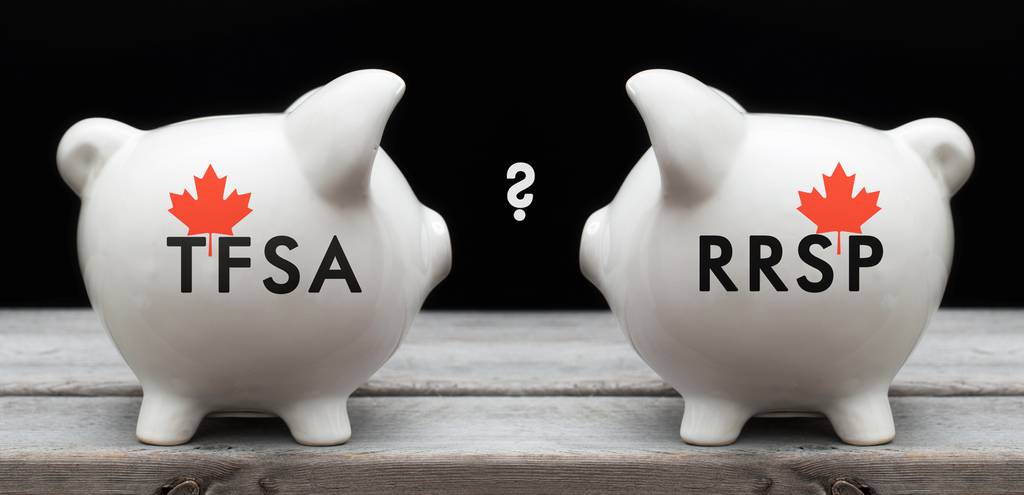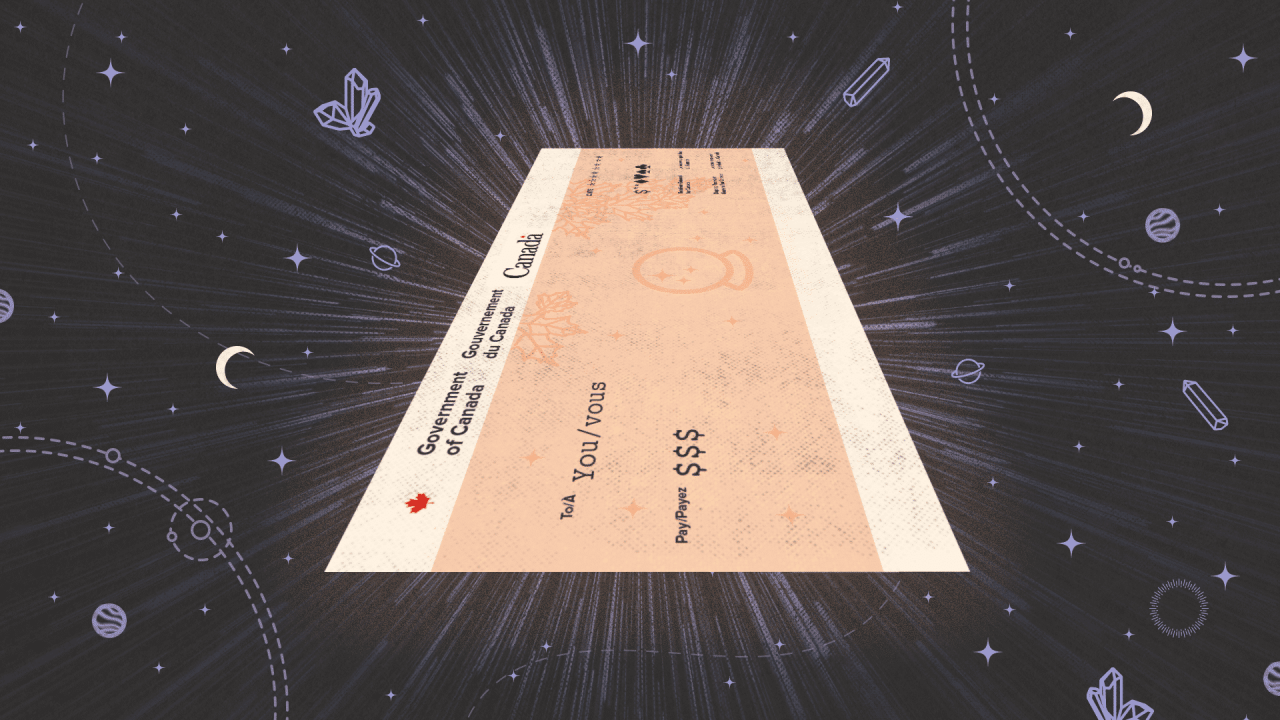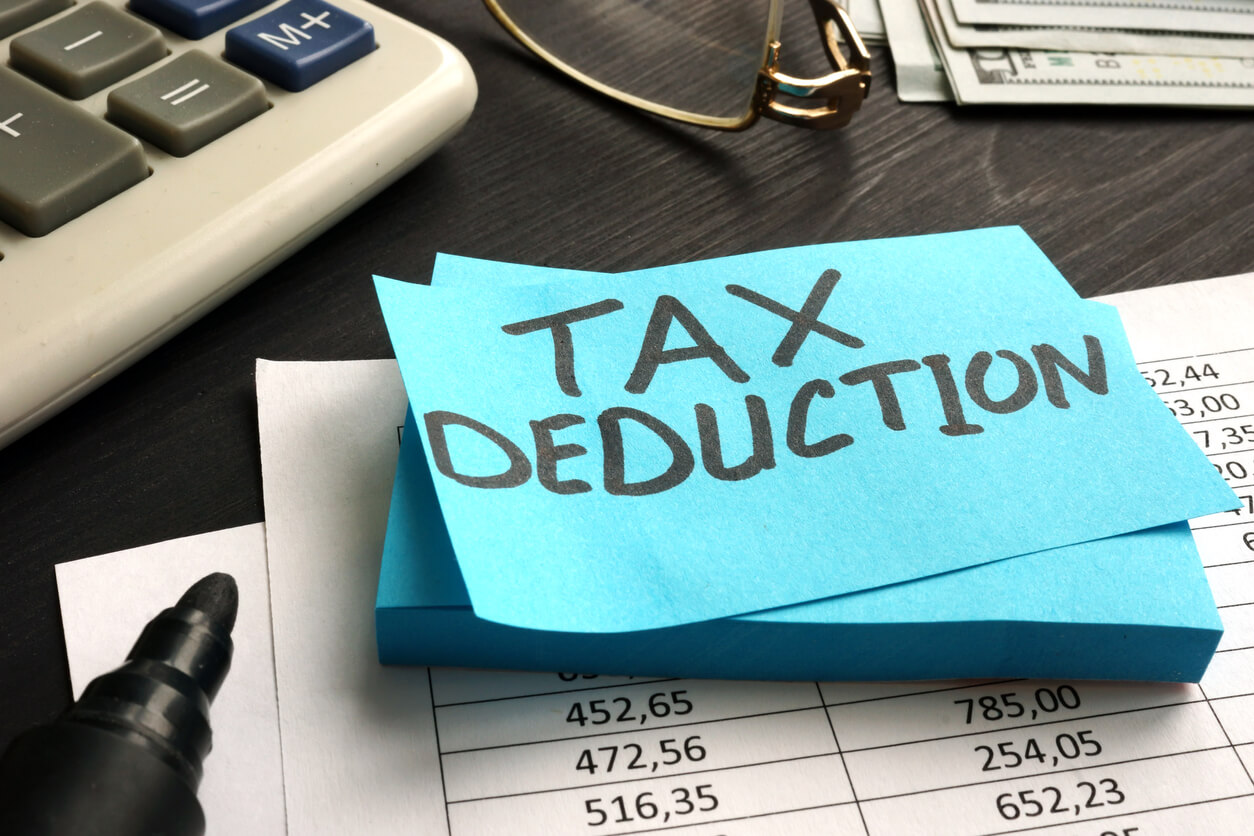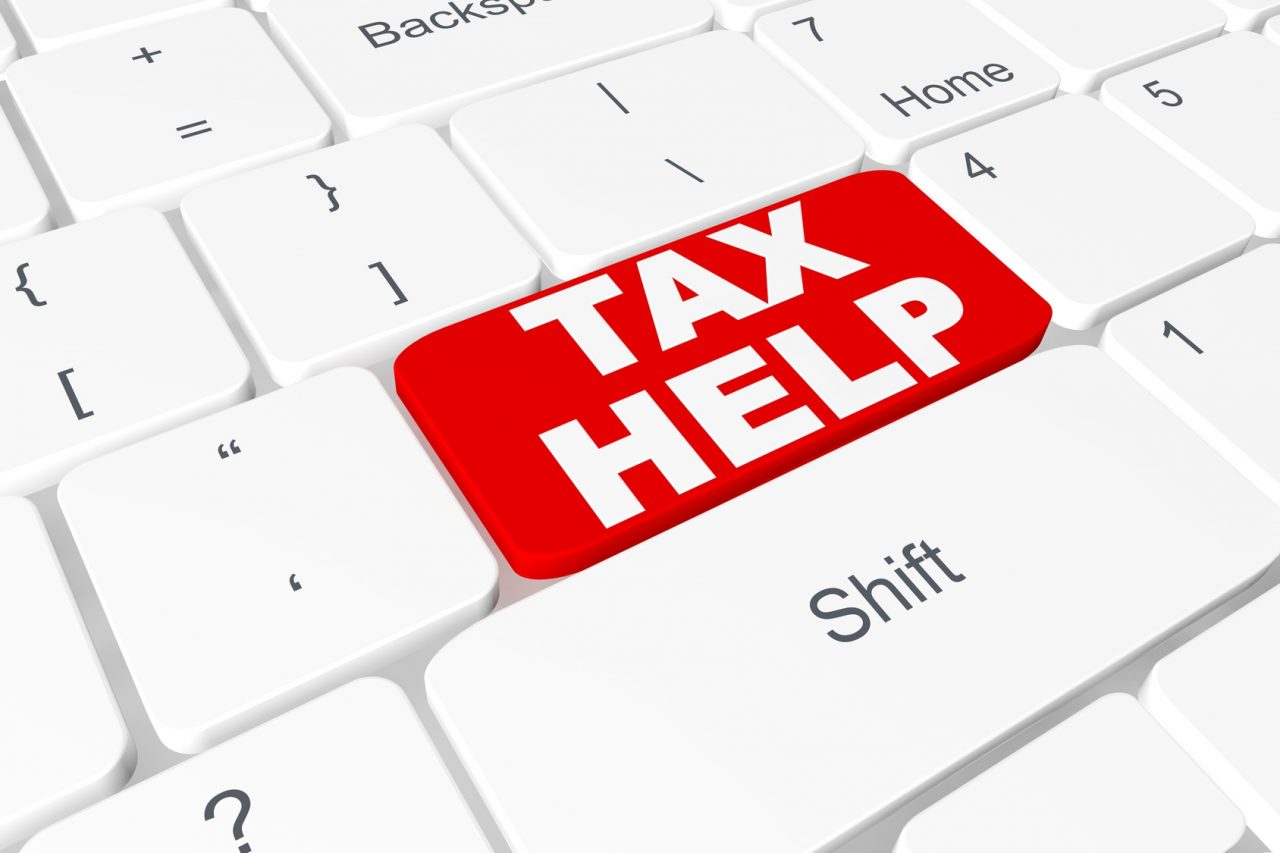The Canadian tax system is a “self-assessing system” which relies heavily on the voluntary co-operation of taxpayers. Canadians are expected (in fact, in most cases, required) to complete and file a tax return each spring, reporting income from all sources, calculating the amount of tax owed, and remitting that amount to the federal government by a specified deadline.
Newsletter - Page 14 of 30 - Akler Browning LLP
Most Canadians know that the deadline for making contributions to one’s registered retirement savings plan (RRSP) comes 60 days after the end of the calendar year, around the end of February. There are, however, some circumstances in which an RRSP contribution must (or should) be made by December 31, in order to achieve the desired tax result.
Since early 2022, the finances of Canadian households have been hit with what Statistics Canada has called a “trifecta of market challenges”, which increasingly stretched and squeezed the efforts of Canadians to maintain their financial stability during the second quarter (April 1 to June 30) of this year.
One of the most valuable tax and investment strategies available to Canadians is home ownership. While the real estate market can (and does) go and up down, home ownership has proven to be, over the long term, a reliable way of building net worth.
Transitioning into retirement is a complex process, one which involves decisions around finances (present and future) as well as one’s way of life. While it was once typical for an individual to work full time until retiring (usually at age 65), the word “retirement” no longer has a single meaning – in fact, it’s now the case that almost every individual’s retirement plans look at little different than anyone else’s.
This year, for the first time since 2019, most (if not all) post-secondary students will be preparing to go to (or return to) university or college for in-person learning. While that’s an exciting prospect after two years of pandemic restrictions, starting or returning to post-secondary education is also an expensive undertaking.
In this year’s budget, the federal government announced a number of measures to help Canadians who are trying to put together a down payment for the purchase of a first home.
By the beginning of August almost every Canadian has filed his or her income tax return for the previous year and has received the Notice of Assessment issued by the Canada Revenue Agency (CRA) with respect to that filing. Most taxpayers, therefore, would consider that their annual filing and payment obligations for the year are now in the past.
Canadian businesses should be aware that, while many programs which provided payroll or expense supports for businesses during the pandemic ended on May 7, 2022, there is still a program in place to help employers with payroll costs. As well, even for programs which ended on May 7, applications can still be made for relief for claim periods prior to that date.
Since 2009, Canadians have been living (and borrowing) in an ultra-low-interest-rate environment. Between January 2009 and January 2022, the bank rate (from which commercial interest rates are determined) was (except for a brief period in 2018) never higher than 1.50% – and was almost always lower than that.









